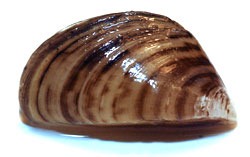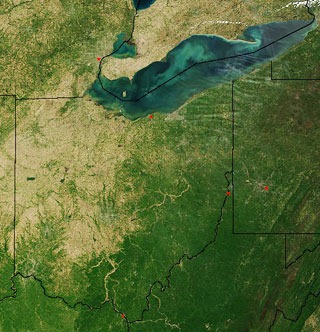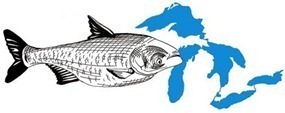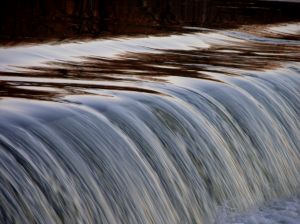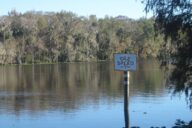Frozen lake drilling stops for fear of the coldest air temperatures on Earth
0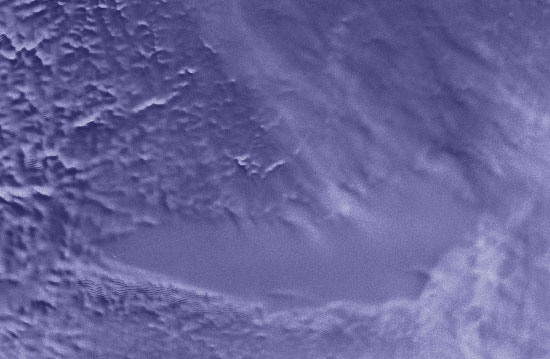
Lake Vostok
Some scientists believe the drilling of Antartica’s frozen Lake Vostok could ultimately provide insight about the evolution of human life since the Ice Age, as well as into the possibility of extraterrestrial life on Jupiter and Saturn. The drilling procedure was halted earlier this month, though, less than 100 feet from completion. The drilling team reached the sub-glacial lake water, but stopped because of the looming start of the Antartic winter.
“It’s minus-40 [degrees Celsius and degrees Fahrenheit] outside. But whatever, we’re working. We’re feeling good,” said Alexei Turkeyev, chief of the Russian’s Vostok Station, prior to the decision to stop.
However, the -89 degree Celsius temperatures that have been seen above Lake Vostok during winter are the coldest temperatures ever recorded on Earth. Temperatures in this range are expected later this winter as well and do not allow for continued drilling work.
Drilling had been slated for completion by now. The bottom of the ice layer, however, including the remaining 95 feet of ice before lake water is reached, is made up of massive single crystals of ice that are exceptionally difficult to drill through. This has resulted in significantly slowed progress in recent weeks, allowing drilling to proceed at a rate of only five feet per day despite round-the-clock effort.
For now, the plan is to fill the 12,300-foot borehole with kerosene to prevent it from freezing during the winter months while work is halted.
The Russians aim to eventually release some of the immense pressure built up beneath the 2.5-mile-thick ice cap by drilling through to the gaseous lake water below. The sudden release of pressure will push fluid back up the more than two-mile-long borehole and then freeze. A frozen sample of the lake water can then be obtained from the borehole and analyzed.
Much skepticism surrounds the drilling procedure, including the Antartic and Southern Ocean Coalition’s argument that “If Russia continues to drill, the lubricants and anti-freeze present in their borehole may taint the microorganisms they are trying to discover.”
In addition, there are concerns about the researchers underestimating the power of the gaseous water contained in the sub-glacial lake, which could erupt when the lake water is reached.
But perhaps the most intriguing aspect of Lake Vostok is the similarities it shares with the frozen lakes of Jupiter’s Europa satellite and Saturn’s Enceladus. Many believe that if life is found in Vostok, it indicates life would be possible on these moons.
“It’s like exploring an alien planet where no one has been before,” said Valery Lukin of the Arctic and Antarctic Research Institute in St. Petersburg. “We don’t know what we’ll find.”
The drilling effort will continue in December.
Scientific team halts drilling on frozen lake [Catholic Online] Antarctic winter abruptly halts drilling at Lake Vostok [Wired UK] Winter Halts Drilling Into 14-Million-Year-Old Lake [Wired] Image Credit: NASA/Goddard Space Flight Center Scientific Visualization Studio




